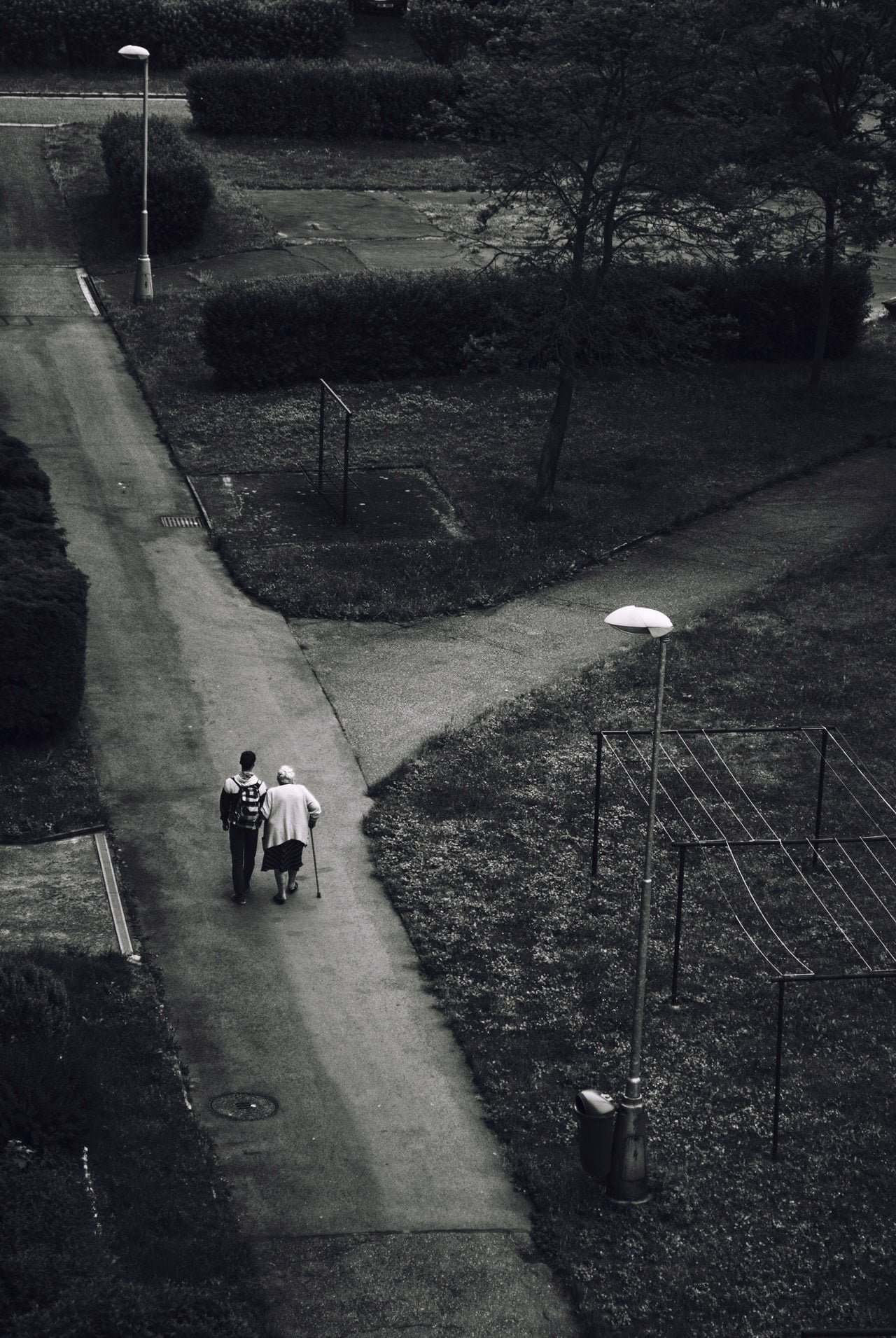While the concept of care immediately triggers an association with health and wellness, the idea of caring (or not caring) is much more than that. It is part of everyday life, informing how we treat ourselves, family, friends, strangers, animals, and the environment. Care can look like many things: from animal welfare organisations that span the globe to taking care of elderly populations, volunteering for youth organisations, coaching sports teams, planting a tree, raising children, teaching, defending the innocent, even standing in picket lines around abortion clinics—or defending those who need to walk past them—designing green architecture, donating clothing and time at refugee centres, and more. In fact, care underpins broad discourses of politics, law, ethics, health and media in contemporary society.
Today’s world is seeing a rise in ideologies that seem opposed to the basic concept of care, and yet alongside these rhetorics we see instances, events, and entire movements dedicated to caring for others. Even the recent political uprisings in Lebanon and Turkey could be said to spring from a place of care; human rights and choices about basic lifestyles are certainly encapsulated by the concept of care, and they are at the core of such movements. Around the world, donations to charities of all kinds easily top $500 billion annually. And while cash can sometimes be an easy way to care, not requiring much more than a push of a button, our daily lives are filled with care in one form or another.
Activities
Conference
Care: An Inclusive Interdisciplinary Conference
Friday 12th March 2021 – Saturday 13th March 2021
Lisbon, Portugal
Submissions are now open

